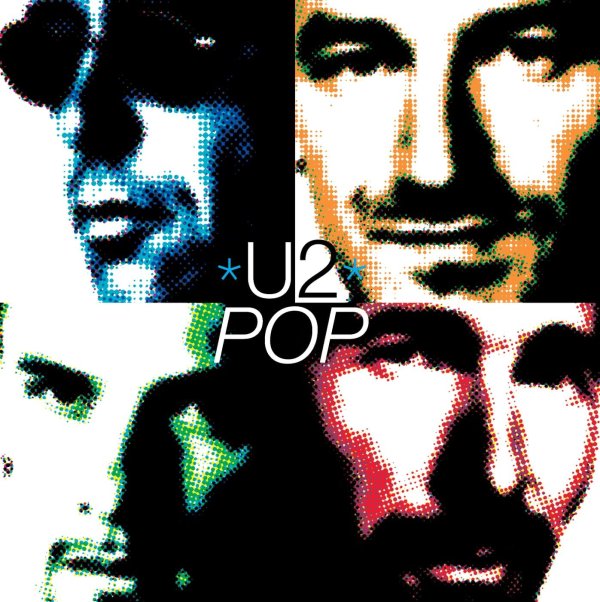
In 1997, U2 released the album POP. At that time, rap had been growing in popularity for several years – simple language of emotions, and Modern Talking-style banality was gaining strength. Simplification was ongoing. The cult of first impressions was growing, and poetics, understatement and everything that required concentration was fading into the background. In addition, the millennium was about to end and a new one was about to begin.
Then POP appeared.
The band that filled stadiums released an album that shocked and scattered their fans. It knocked them off balance.
The first three songs are extremely different from what came before – fashionable, in line with new trends and seemingly banal. The trance-like MOFO makes mincemeat of the paper rhythms of the new aesthetic of simplification. You can hear that U2 can do it. Nevertheless, these three songs have a bittersweet taste. They're kind of danceable, but not quite. After these three comes a radical change – a time of prayer (meditation), attempts to understand the times and fears of change; in music, in society and in life.
More than 25 years have passed. Where are we now, and where did we come from?
How should we view the AI revolution in this context?
How does today's world compare to the one in which music had the ambition and power of Live Aid concerts?
In 2018, U2 displays the following text at their concerts:
I’m sorry
I don’t want to be an emperor
Don’t want to rule, conquer
Like to help
Help one another
Live by each other happiness
We don’t want to hate
In this World there is room for everyone
Good earth can provide everyone free beautiful
We have lost the way
Barricaded with hate
Greed has poison us …

